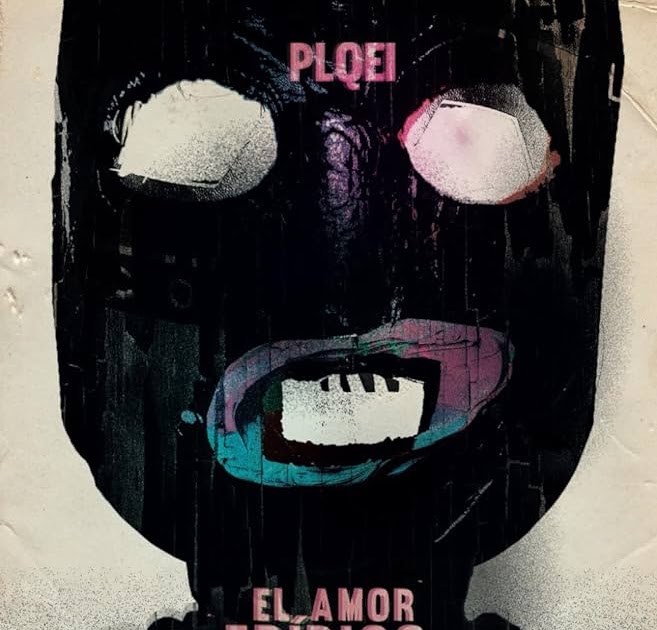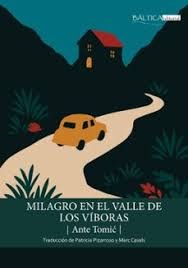
Original language: español
Year of publication: 2024
Valuation: nondescript
This is not a novel for all audiences. I’m not even sure that I myself am part of the audience of this novel, at least its fundamental audience. In fact, I probably would not have read it if it had not been for the fact that its author, Oriol Vigil Hervás, is also the “Oriol” who reviews books on this same book review blog, and that led me to find out about its existence, because has published in a small publishing house, “Colectivo Juan de Madre Presenta” (currently in the process of merger or integration into Pathosformel Editorial, if I’m not mistaken), whose dissemination capacity is obviously limited. But also because, I think, some of the “keywords” that appear on the back cover would have put me off: “pornography, extreme bizarreness, absurd humor and splatterpunk.”
Bizarre, come on.
And the truth is that those words identify the novel quite well, a hooligan, violent, provocative work, at times unpleasant, complex and surprising: a novel of less than 100 pages where there is tons of violence, kilos of sex (also violent), bags of humor and parody, and a few touches of more or less obvious social criticism. Maybe the part splatter (that is, the most explicit and gore) is the one that least corresponds to my tastes, but in any case we must recognize the novel’s absolute lack of prejudices and concessions…
Oedipal love… is presented as a found manuscript (of which Oriol Vigil would therefore not be the author, but rather the editor): during a LAN party (google it!), the author/editor discovers a set of files created by a certain PLQEI, which (among many other things) contain up to five versions of the same novel, and decides to publish it in the CJMP publishing house. What we have, therefore, is the version of the novel supposedly reconstructed by Oriol, with its prologue and notes. (I confess that I would have liked this “artifact” to be applied more continuously and extensively, contrasting different versions of the text, multiplying even more the editor’s footnotes, indicating which fragments of the novel have been “rewritten”… ).
¿And what story does PLQEI’s novel tell, then? Well, a crazy and brutal story in which the narrator and protagonist, a young man dissatisfied with his job, with the ability to carry out astral travel and with a confusing relationship with his mother, suddenly finds himself in the middle of a battle between two implacable enemies. : on the one hand, the vagabond Orozco (and his dog Socks), a monarchical, conservative and violent man; and on the other, Dominic and his army of doll-men, plasticized, tortured, amputated sex slaves that he uses at his whim both to satisfy his most depraved sexual desires, or as soldiers in his fight against Orozco. In the midst of this all-out battle, the protagonist acts as a double agent, seeking on the one hand to satisfy his own hidden desires (which we can sense, although they are not shown), and on the other hand to carry out his own vendetta against a mysterious company of locksmiths that seems to be chasing him by filling his house and city with advertising stickers.
Although, in reality, I would say that the plot, as such, is not the most important thing in this novel: as the Mr. Wonderful cliché says, what is important is not the destination, but the journey. It doesn’t matter who wins the war, or whether the protagonist will end up realizing his fantasies; What matters is the rapid succession of independent and even contradictory narrative nuclei, such as sketches of a series of very dark humor, which explode in our faces like trap toys.
I insist: it takes a very particular type of reader to enjoy Oedipal love against sadomasonic lust; But if after reading this review you think you’re that type of reader, go for it. I think you won’t regret it.
Interview with Oriol Vigil Hervás:
Source: https://unlibroaldia.blogspot.com/2024/06/resena-entrevista-el-amor-edipico.html


